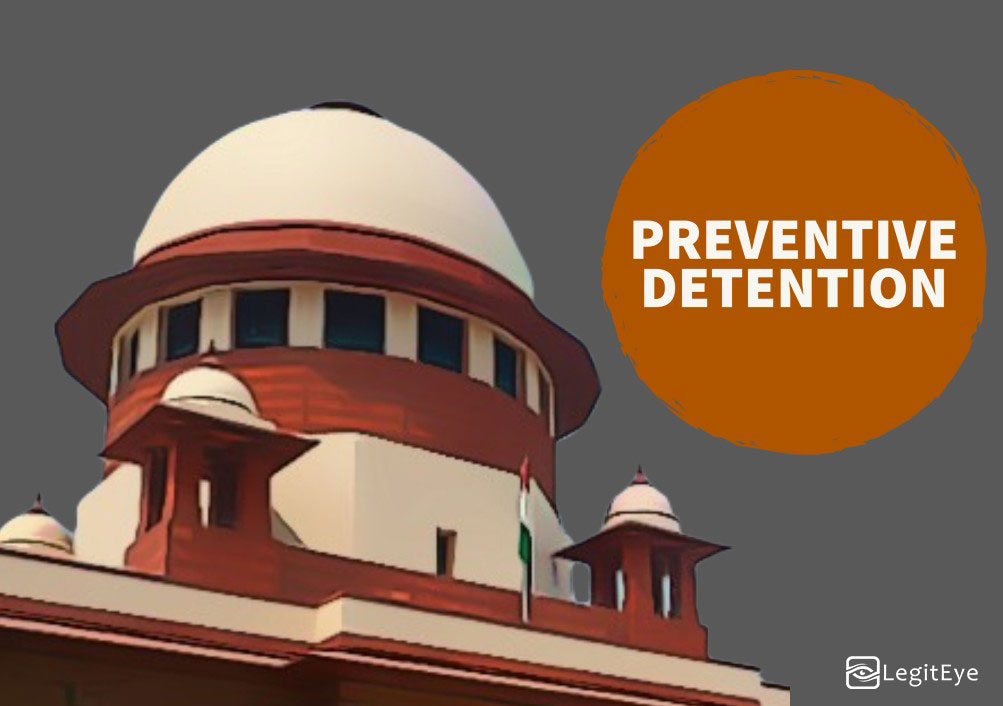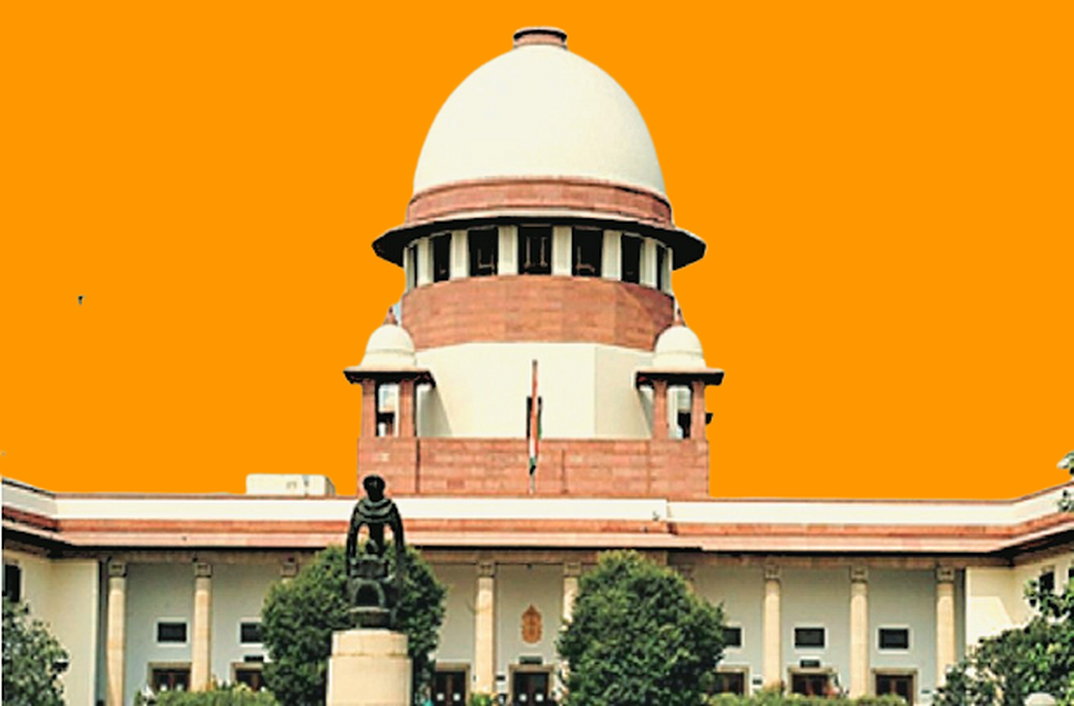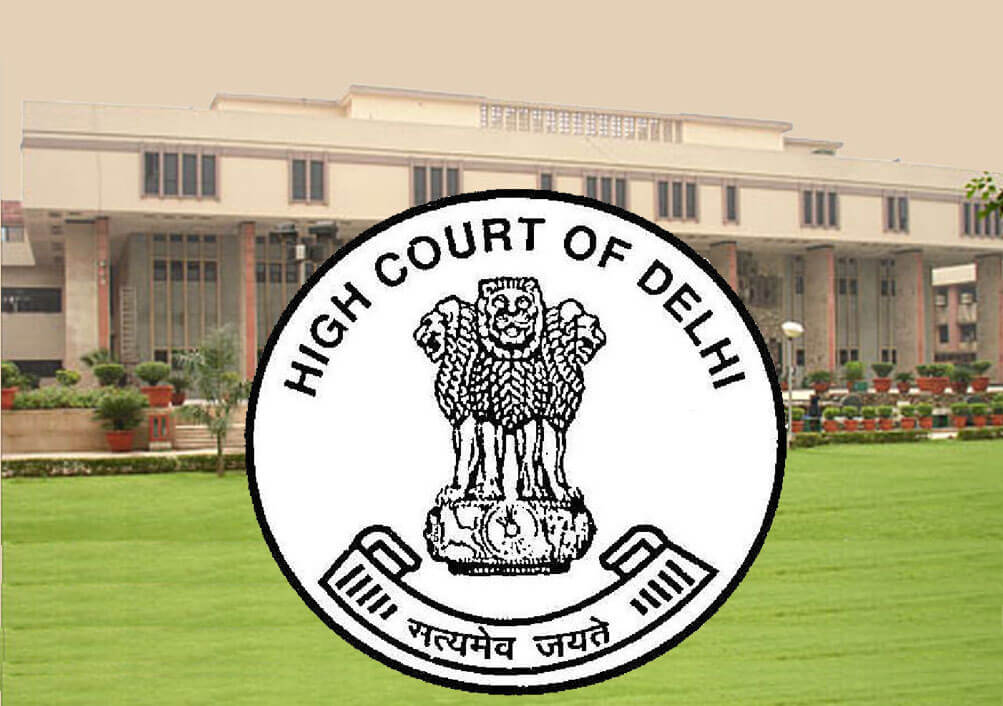Apex Court: Preventive detention must be based on ‘public order’ concern, not merely ‘law and order’ problem

Read Judgement: Banka Sneha Sheela vs. State of Telangana & Ors
Pankaj Bajpai
New Delhi, August 3, 2021: While quashing a detention order, the Supreme Court has ruled that mere apprehension of breach of law & order cannot provide the springboard to move under a preventive detention statute.
A Division Bench of Justice Rohinton Fali Nariman and Justice Hrishikesh Roy observed that a possible apprehension of breach of law and order can be said to be made out if it is apprehended that the detenu, if set free, will continue to cheat gullible persons.
The Top Court ruled that mere contravention of law such as indulging in cheating or criminal breach of trust certainly affects ‘law and order’ but before it can be said to affect ‘public order’, it must affect the community or the public at large.
While distinguishing the judgement strongly relied upon by the counsel for the State in Subramanian v. State of Tamil Nadu, Justice Nariman highlighted that ‘public order’ was directly affected in such case whereas in the present case, only ‘law and order’ alone was affected.
The judgment in favour of the detenu came to be rendered in a challenge to a preventive detention order passed against a LLB graduate u/s 3(2) of Telangana Prevention of Dangerous Activities Act in relation to the FIR lodged against him u/s 420, 406 and 506 of the IPC in five cases, wherein he had secured anticipatory bail.
The detenu was alleged to have duped people by claiming he is a High Court advocate and convincing them to invest money promising good returns from the stock market. The detention order also stated that the detenue was engaged in white collar offence and his free movement would hinder public order.
The Apex Court accepted that what is alleged in the five FIRs pertain to the realm of ‘law and order’, in that various acts of cheating are ascribed to the detenu which are punishable under the three sections of the Indian Penal Code set out in the five FIRs.
“A close reading of the Detention Order would make it clear that the reason for the said Order is not any apprehension of widespread public harm, danger or alarm but is only because the Detenu was successful in obtaining anticipatory bail/bail from the Courts in each of the five FIRs,” observed Justice Nariman.
“The mere successful obtaining of anticipatory bail/bail orders being the real ground for detaining the Detenu, there can be no doubt that the harm, danger or alarm or feeling of security among the general public spoken of in Section 2(a) of the Telangana Prevention of Dangerous Activities Act is make believe and totally absent in the facts of the present case,” opined the Top Court.
The Division Bench found that the expression “in the interests of” which occurs to Article 19(2) to 19(4), is pressed into service only when a law is challenged as being unconstitutional for being violative of Article 19 of the Constitution.
“When a person is preventively detained, it is Article 21 and 22 that are attracted and not Article 19. Further, preventive detention must fall within the four corners of Article 21 read with Article 22 and the statute in question. To therefore argue that a liberal meaning must be given to the expression ‘public order’ in the context of a preventive detention statute is wholly inapposite and incorrect,” added the Bench.
At the same time, Justice Nariman also opined that considering that preventive detention is a necessary evil only to prevent public disorder, the Court must ensure that the facts brought before it directly and inevitably, lead to a harm, danger or alarm or feeling of insecurity among the general public or any section thereof at large.
In case of Yumman Ongbi Lembi Leima vs. State of Manipur, this Court had held that the (sic exercise of) extraordinary powers of detaining an individual in contravention of the provisions of Article 22(2) of the Constitution was not warranted where the grounds of detention do not disclose any material which was before the detaining authority, other than the fact that there was every likelihood of the detenue being released on bail in connection with the cases in respect of which he had been arrested, to support the order of detention.
Accordingly, the Supreme Court ordered that the detenu is to be freed forthwith.
Sign up for our weekly newsletter to stay up to date on our product, events featured blog, special offer and all of the exciting things that take place here at Legitquest.




Add a Comment